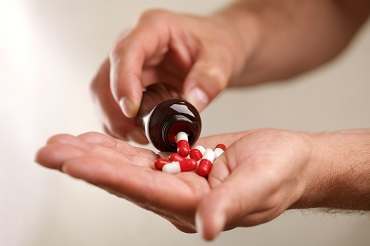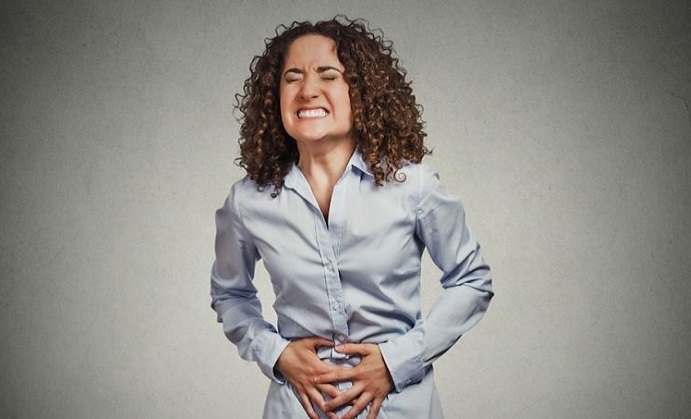The definition of cystitis is inflammation of the bladder. Under normal conditions, the bladder is resistant to bacterial infection, but anything that disrupts the normal passage of urine can damage and lead to irritation of the bladder wall lining – predisposing to inflammation and infection. Predisposing factors include urine stasis, incomplete voiding of urine, bladder trauma, glycosuria and dilute or alkaline urine. Anatomy also plays a role in that females are more prone to bacterial cystitis due to ease of entry through the urethra. In males, the relatively long urethra protects against ascending infection.
The following also increase your chances of having cystitis:
- A tube called a urinary catheter inserted in your bladder
- Blockage of the bladder or urethra
- Diabetes
- Enlarged prostate, narrowed urethra, or anything that blocks the flow of urine
- Loss of bowel control (bowel incontinence)
- Older age (especially in people who live in nursing homes)
- Pregnancy
- Problems fully emptying your bladder (urinary retention)
- Procedures that involve the urinary tract
- Staying still (immobile) for a long period of time (for example, when you are recovering from a hip fracture)
Most cases are caused by Escherichia coli (E. coli), a type of bacteria found in the intestines.
Cystitis signs and symptoms often include:
- A strong, persistent urge to urinate
- A burning sensation when urinating
- Passing frequent, small amounts of urine
- Blood in the urine (hematuria)
- Passing cloudy or strong-smelling urine
- Pelvic discomfort
- A feeling of pressure in the lower abdomen
- Low-grade fever
In young children, new episodes of accidental daytime wetting also may be a sign of a urinary tract infection (UTI). Night time bed-wetting on its own isn’t likely to be associated with a UTI.
Although bacterial infections are the most common cause of cystitis, a number of non-infectious factors also may cause the bladder to become inflamed. Some examples include:
 Interstitial cystitis– The cause of this chronic bladder inflammation, also called painful bladder syndrome, is unclear. Most cases are diagnosed in women. The condition can be difficult to diagnose and treat.
Interstitial cystitis– The cause of this chronic bladder inflammation, also called painful bladder syndrome, is unclear. Most cases are diagnosed in women. The condition can be difficult to diagnose and treat.
Drug-induced cystitis– Certain medications, particularly the chemotherapy drugs cyclophosphamide and ifosfamide, can cause inflammation of your bladder as the broken-down components of the drugs exit your body.
Radiation cystitis-Radiation treatment of the pelvic area can cause inflammatory changes in bladder tissue.
Foreign-body cystitis– Long-term use of a catheter can predispose you to bacterial infections and to tissue damage, both of which can cause inflammation.
Chemical cystitis– Some people may be hypersensitive to chemicals contained in certain products, such as bubble bath, feminine hygiene sprays or spermicidal jellies, and may develop an allergic-type reaction within the bladder, causing inflammation.
Cystitis associated with other conditions. Cystitis may sometimes occur as a complication of other disorders, such as diabetes, kidney stones, an enlarged prostate or spinal cord injuries.
 Antibiotics taken by mouth are most often given to prevent the infection from spreading to the kidneys. For a simple bladder infection, you will take antibiotics for 3 days (women) or 7 – 14 days (men).
Antibiotics taken by mouth are most often given to prevent the infection from spreading to the kidneys. For a simple bladder infection, you will take antibiotics for 3 days (women) or 7 – 14 days (men).
For a bladder infection with complications such as pregnancy or diabetes, or a mild kidney infection, you will most often take antibiotics for 7 – 14 days.
It is important that you finish all the antibiotics prescribed, even if you feel better before the end of your treatment. People who do not finish their antibiotics may develop an infection that is harder to treat. Your health care provider will also want to know if you are pregnant. Your health care provider may prescribe medicines to ease discomfort. Phenazopyridine hydrochloride (Pyridium) is the most common of this type of drug. You will still need to take antibiotics. Everyone with a bladder infection should drink plenty of water.










